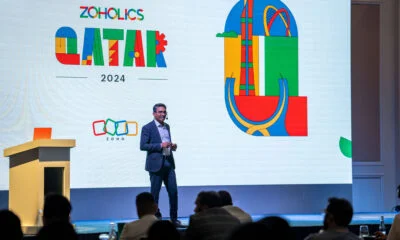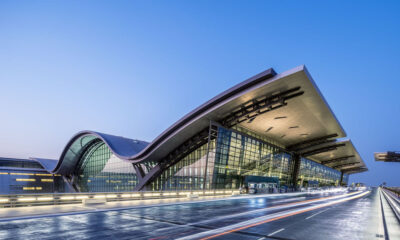News
The Technology Powering Qatar’s FIFA World Cup 2022
A series of technology firsts will help make the World Cup a more immersive event for football fans, boost Qatar’s sustainability credentials, and help to keep the scorching heat at bay.
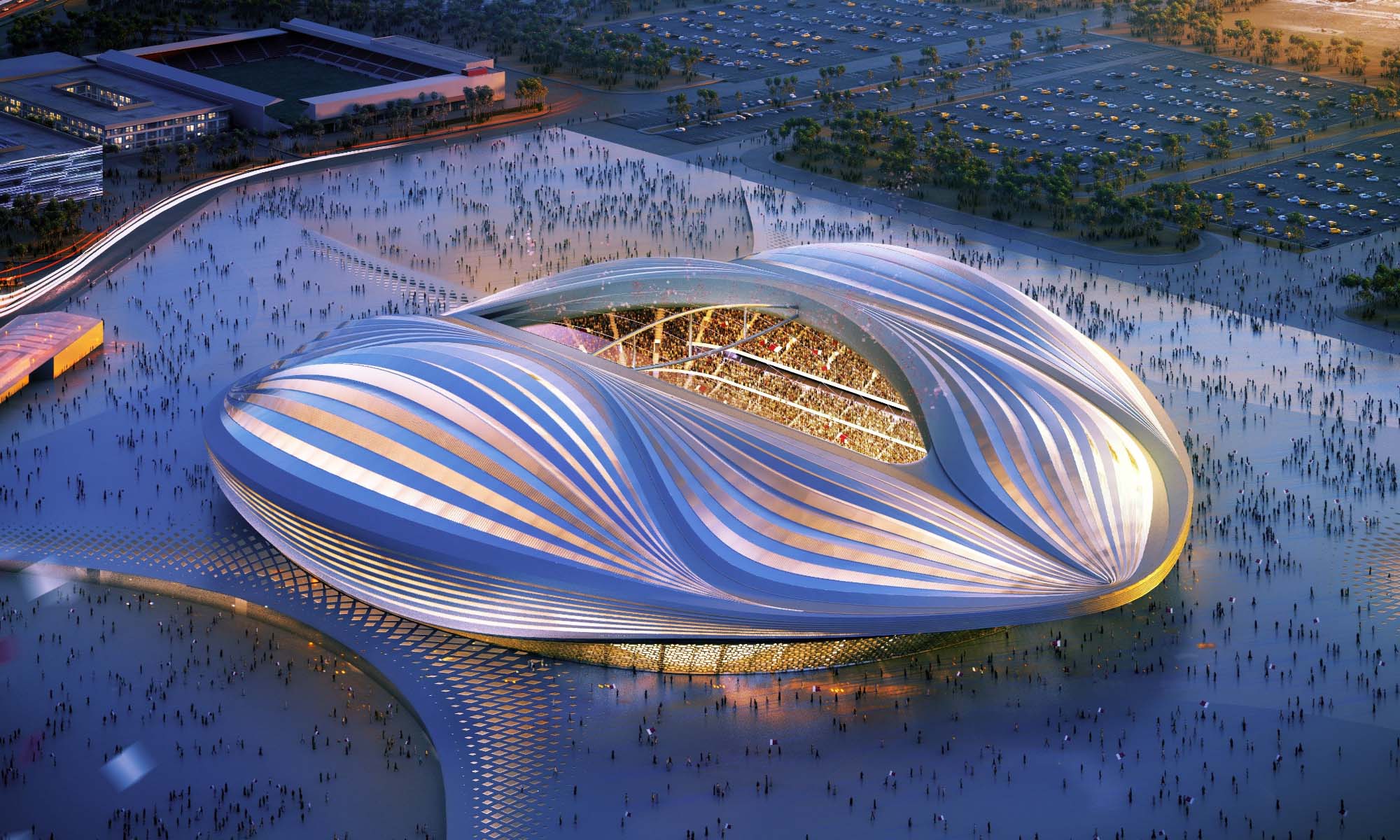
Qatar is the smallest nation to host a World Cup tournament, and it’s also the first Middle Eastern country with the same honor. As well as being notable as an “out of season” event, the FIFA World Cup 2022 will also feature several technological innovations.
Here are some of the more exciting examples we’ve unearthed so far:
Robo-Ref
The most notable feature of Qatar 2022 will likely be the high-tech match balls, which have been upgraded with FIFA’s “Semi-Automated Offside Technology”, an enhanced version of existing VAR systems (video assistant referees).
The official ball of the tournament is called “Al Rihla” (Arabic for “The Journey”) and is packed with the latest Adidas Suspension System, which can log its position on the pitch at a staggering 500 times per second. Each venue will be installed with 12 dedicated cameras to monitor the ball position and 29 points of each player’s body, with AI processing data in real time.
As well as helping with contentious match decisions, the new technology will also be used to create dynamic replay animations that can be displayed during broadcasts, or on the big screens of the event’s stadiums.
Advanced Stadium-Cooling
The temperatures of a Qatari summer are no joke at the best of times, and could prove debilitating for spectators and potentially deadly for pro footballers.
Saud Abdulaziz Abdul Ghani from Qatar University‘s College of Engineering has come up with an answer that mimics how a car’s air-con system works. The ingenious invention uses a mixture of insulation and “targeted cooling” through grills in the stands and nozzles on the pitch. The result is improved air circulation, which can be filtered, cooled to 18 degrees Celsius, and pushed back into the stadium.
The technology is thought to be up to 40% more sustainable than a traditional cooling system. It only needs to be used two hours before an event, reducing energy consumption considerably over conventional methods. Along with high-tech retractable roofing, Dr. Saud hopes that stadiums around the globe will eventually adopt his inventions.
A Lego-Style Stadium
The Lusail Iconic Stadium is undoubtedly the most prestigious venue of the FIFA World Cup 2022 event. However, another stadium at Ras Abu Aboud, known as “Stadium 974,” takes the prize for ingenuity.
Qatar’s government was keen to avoid building venues that were of limited appeal to the community after the event had finished. To that end, Stadium 974 is the first collapsible venue to feature in the World Cup, being constructed from repurposed shipping containers.
The 974 containers (hence the name) have been modified to hold seating, bathrooms, and every other element of a stadium, with the intention that they can either be rebuilt into several smaller venues or sent overseas for future events.
According to FIFA, the Stadium 974 concept brings a new level of sustainability to football stadium design. However, it should be noted that the vast Lusail Iconic Stadium will also eventually be repurposed as the centerpiece of a new metropolis to be known as Lusail City. The stadium’s infrastructure is set to be converted into a community space, with schools, shops, cafés, sporting facilities, and health clinics.
News
HiFuture Wraps Up Successful GITEX GLOBAL 2024 Appearance
The electronics company wowed audiences at the world’s largest tech event with a range of wearable and smart audio devices.
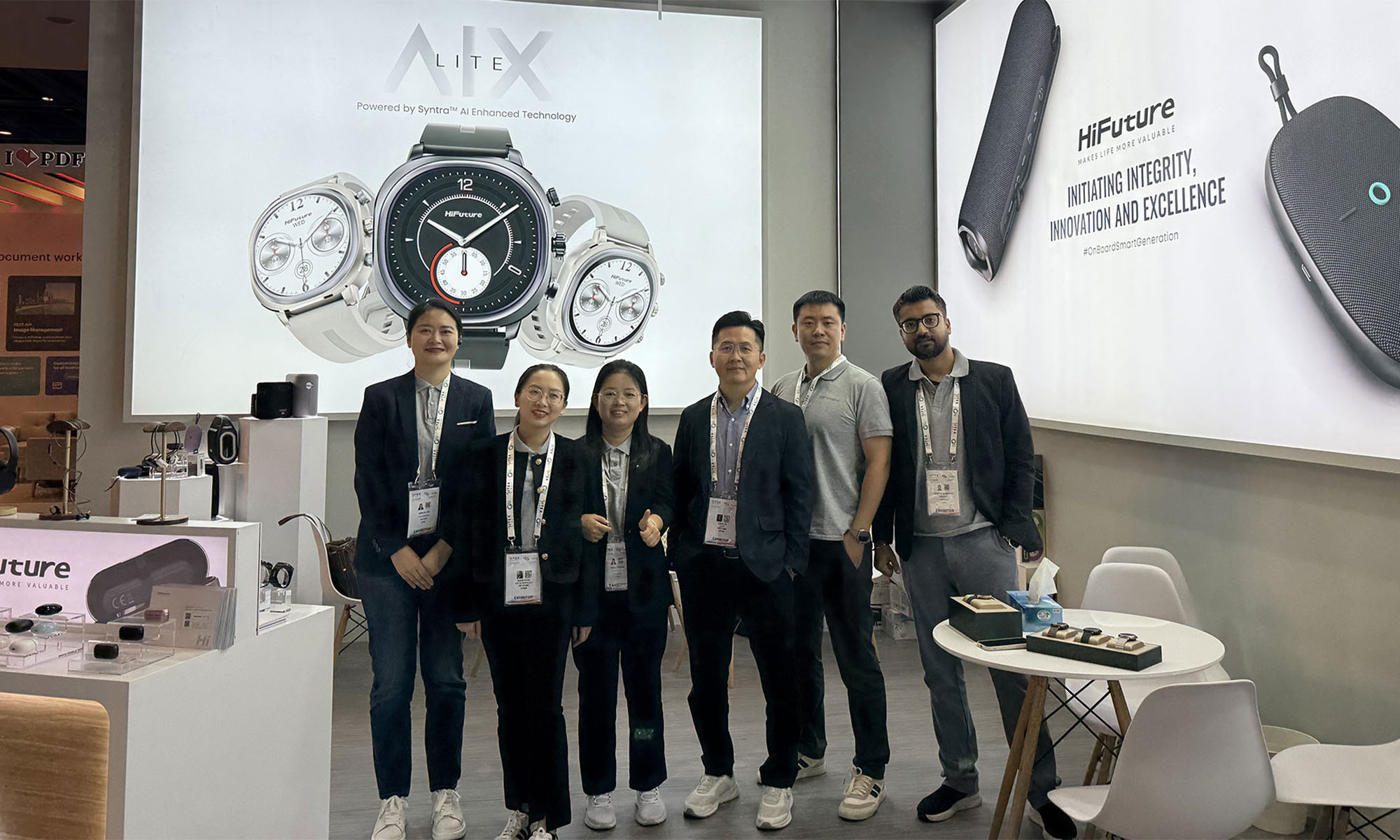
This year’s GITEX GLOBAL 2024 in Dubai saw a huge number of startups, electronics firms, and innovators from around the globe gather for the tech sector’s largest event of its kind. One company making waves at this year’s expo was Chinese tech group HiFuture, which showcased a range of products with a focus on wearable technology and smart audio.
At the HiFuture booth, the company captivated attendees with cutting-edge smartwatches like the ACTIVE and AURORA, along with a range of powerful wireless speakers, earbuds, and even smart rings. Visitors were eager to check out the sleek new designs on offer and even had the chance to test out some of the products themselves.
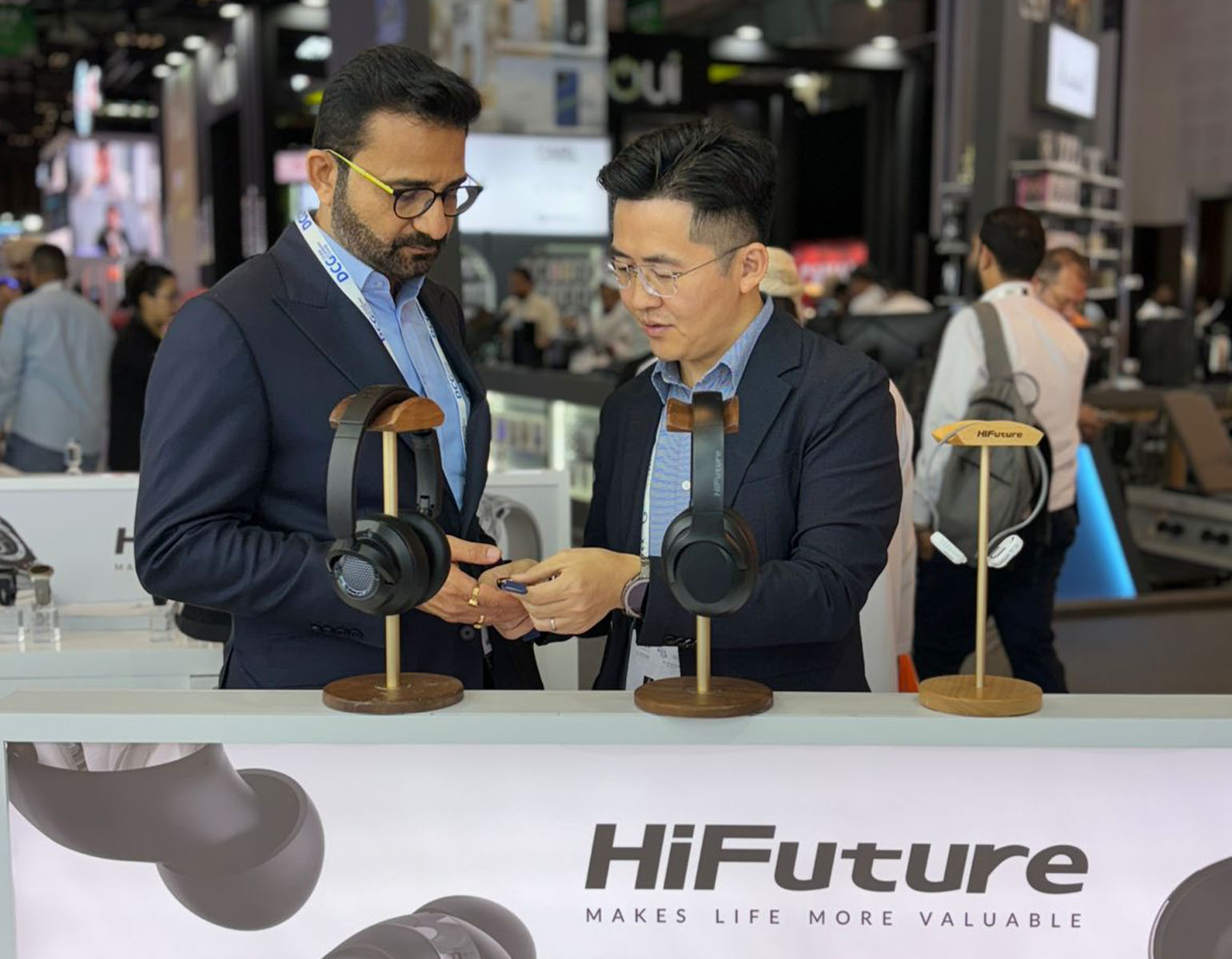
Among the highlights were smartwatches combining dual-core processors with customizable options. The devices blended style and technology, offering health monitoring capabilities, personalized watch faces, and advanced AI-driven functionalities, giving attendees a taste of the future of wearable technology.
On the audio front, HiFuture’s wireless speakers left a lasting impression, offering rich, immersive sound in compact, portable designs. These speakers cater to both intimate gatherings and larger celebrations, offering versatility for users. Meanwhile, the company also showed off its Syntra AI technology, which it claims “revolutionizes health and fitness tracking by combining advanced optical sensors with intelligent algorithms for precise, real-time insights”.
Also Read: How (And Why) To Start A Tech Business In Dubai
The presence of HiFuture’s leadership team at GITEX 2024 underscored the importance of this event for the company, with CEO Levin Liu leading a team of executives, all keen to engage with attendees and offer insights into HiFuture’s vision, product development process, and future direction.
Overall, it seems that GITEX GLOBAL 2024 has been a rewarding experience for HiFuture. The enthusiasm and curiosity of attendees shown to the company’s diverse range of products was obvious, with the HiFuture team leaving on a high note and clearly excited and motivated by the event.


